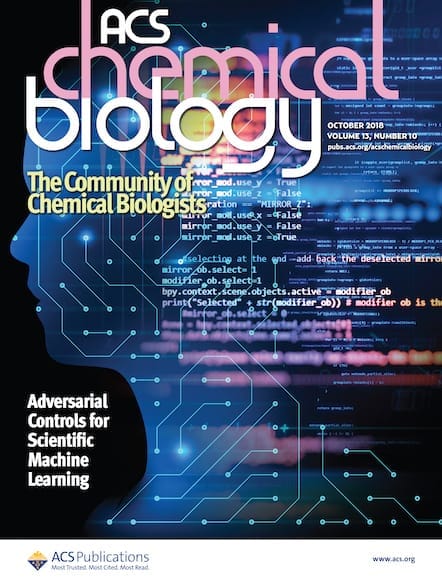The articles in this groundbreaking Virtual Issue demonstrate the advancements and versatility of the CRISPR/Cas9 system.

Gene editing, or genome engineering, is a group of technologies that allow researchers to modify an organism’s genetic material through removal, addition, or alteration of DNA at a specific location of interest. The CRISPR/Cas9 system, also known as Clustered Regularly-Interspaced Short Palindromic Repeats and CRISPR-associated protein 9, is a technology that has advanced the field of gene editing.
ACS Publications is proud to launch the Advances in CRISPR Research Virtual Issue, comprised of 5 research communities, and including 33 authors and articles from ACS Chemical Biology, ACS Infectious Diseases, ACS Medicinal Chemistry Letters, ACS Synthetic Biology, and the Journal of Medicinal Chemistry. The articles in this groundbreaking virtual issue demonstrate the advancements and versatility of the CRISPR/Cas9 system.
ACS has a wealth of other content in this field:
- Mark DeWitt, of the Innovative Genomics Institute at UC Berkeley, gave a webinar presentation (slides available for download) on Fighting Sickle Cell with Gene Correction Technology
- C&EN’s latest news features a glimpse into how CRISPR is being used in clinical trials to treat diseases such as beta-thalassemia
- C&EN sits down with Jennifer Doudna – a featured author in the CRISPR Virtual Issue – to discuss her outlook on how CRISPR will affect drug discovery and agriculture
- Stay engaged with an ACS Reactions video on The Legal Battle over CRISPR
Sign up for communication from ACS Chemical Biology. The journal will be releasing a Special Issue in 2018 with Guest Editor Amit Choudhary and Associate Editor Jennifer Doudna.
